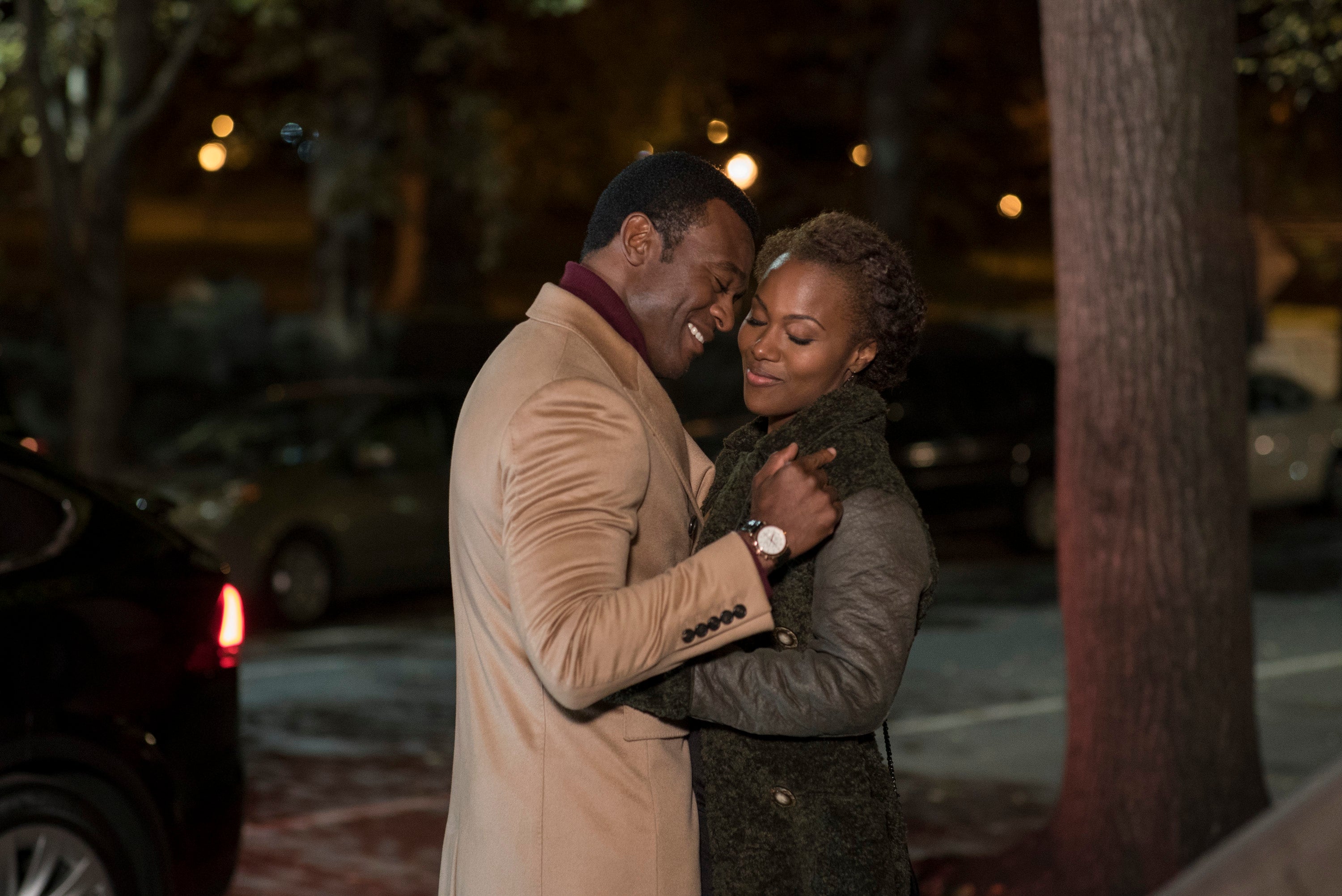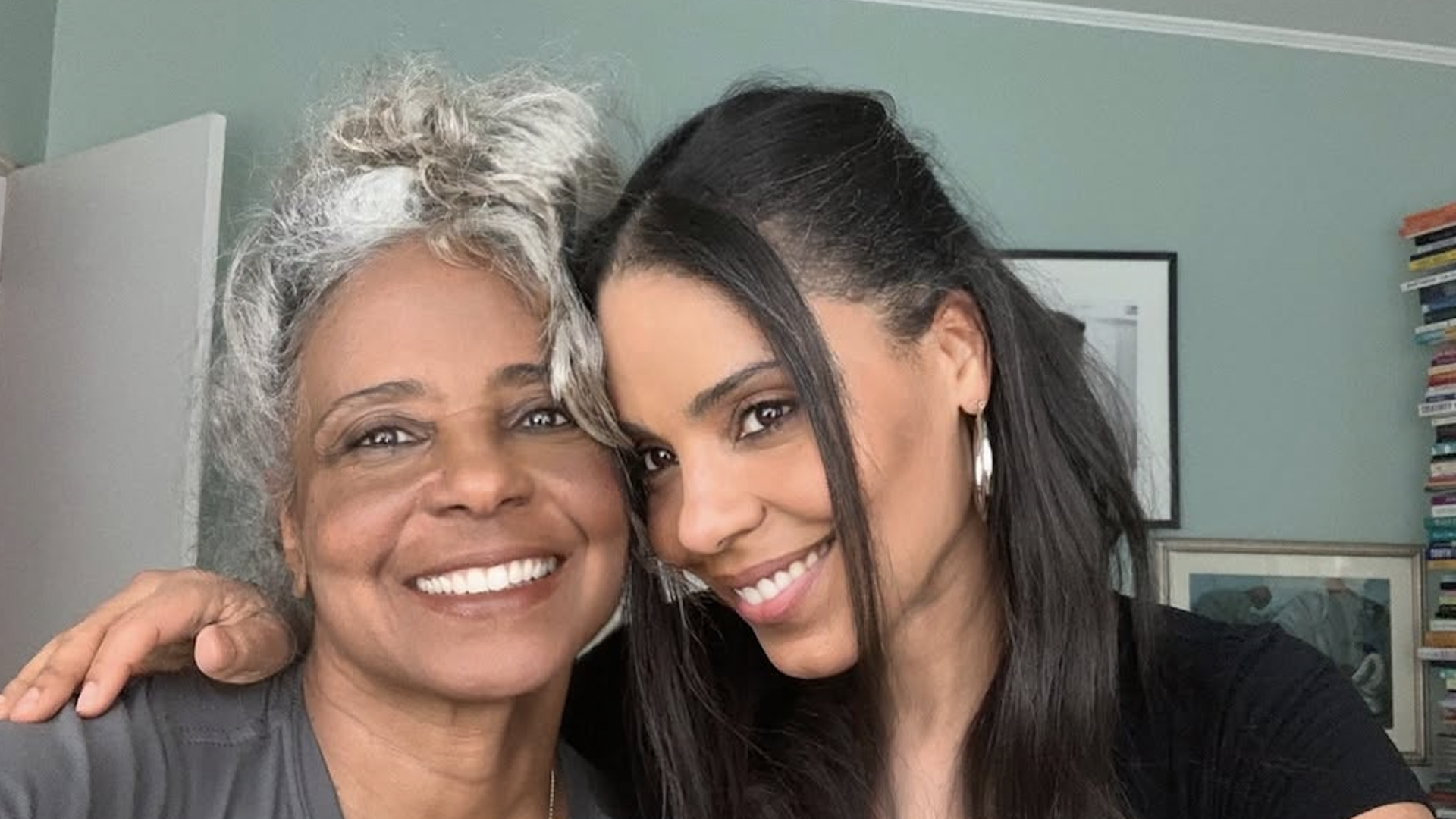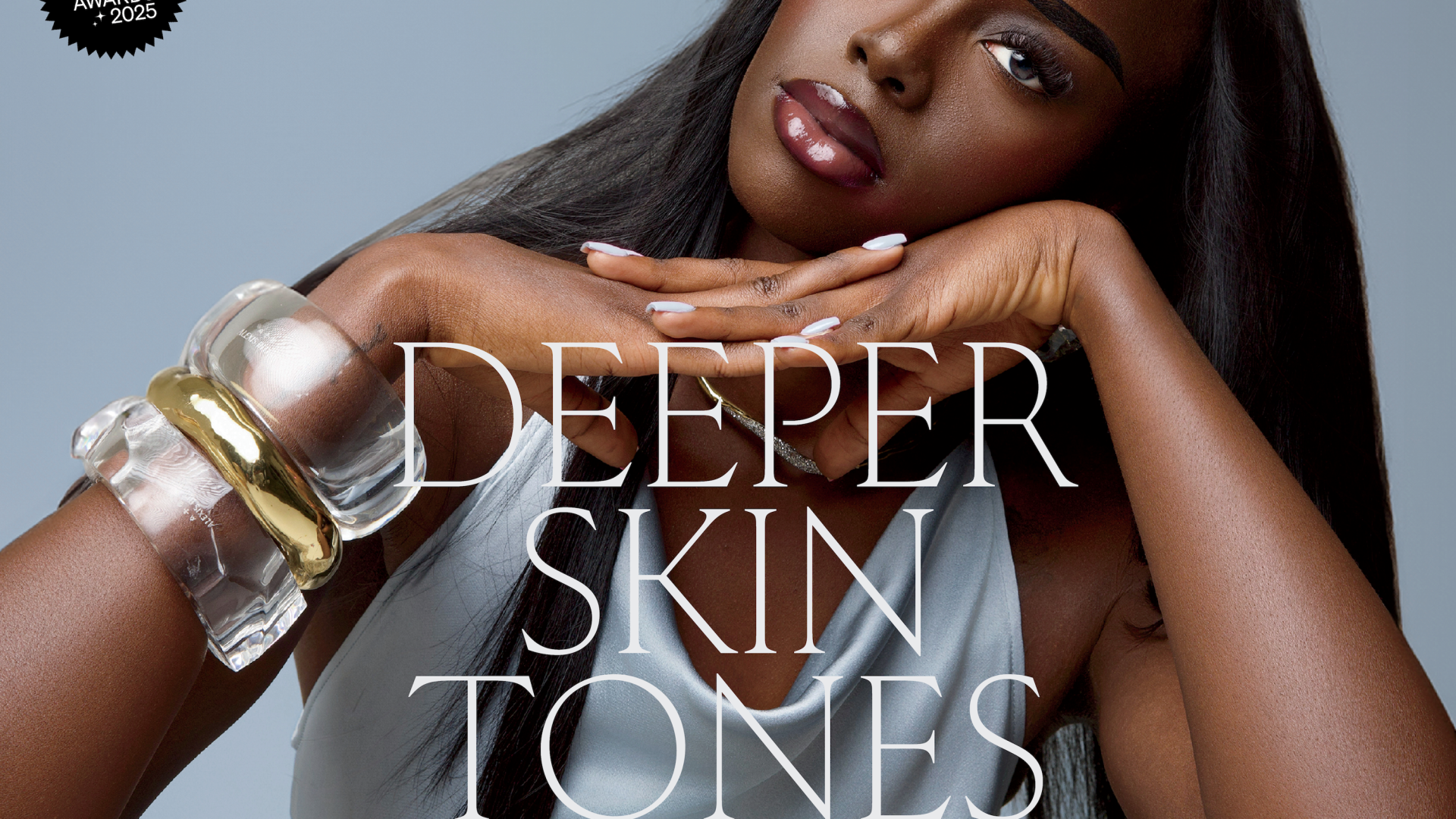
Spike Lee’s new 10-episode Netflix series She’s Gotta Have It is based on his hit 1986 film, with protagonist Nola Darling, a Brooklyn-based artist, courting three suitors in a modern-day, gentrified Brooklyn.
Shot in Spike Lee’s signature bold and colorful style, with images of the series’ actors dropping one-liners cascading amongst brightly-hued city backdrops, the show is already drawing comparisons to HBO’s Insecure which also examines the life of a young Black woman navigating love and life, but instead on the West coast. Also like Insecure, She’s Gotta Have it explores Nola Darling’s relationship with multiple men, one of whom happens to be a married man, Jamie Overstreet.
Nola Darling has the carefree, no-frills, love of life that an adulterer can thrive off of when seeking a side relationship. But comparing her with Insecure’s Molly, who is hooking up with a married man who says he’s in an open marriage, one could argue that Molly is more of the “wifey type”, at least on paper. She works long hours at a law firm, she’s well-paid, well-dressed and organized. Traditionally, Molly seems to be more of the type you’d like to marry, while Nola Darling is creative, fun and free —the mistress we’ve often seen through the lens of Black male characters in the past stifled and bored by their wives’ monotony, fixation on the kids and lack of spontaneous and carefree intimacy.
Both series have been criticized on social media for the way that they oversexualize Black women, while also being heralded by Black women for telling our realities in a way that is humanizing, if also uncomfortable. And while our new cable and Netflix shows provide a venue for more realistic Black storytelling —with shows like Soul Food paving the way— it feels like the first time that Black women leads on non-traditional networks are exposing the world to flawed Black women who we all tend to know in real life —whether they are our friends, our individual selves or worst, our partners’ other woman.
The other woman in ’90s and early 2000s movies is a lot less likable. She’s your cousin who will steal your man in Players Club. She’s your husband-smashing cousin in Soul Food. She’s the very unlikable colleague in Chris Rock’s I Think I Love My Wife. In today’s pop culture, backdropped against a lens of men at the forefront of the news cycle for their unfaithful ways and sexual assault, this new-age feminism —where we honor women who break traditional norms— is lauded in these new Black series. What has remained constant in many of these series and films is the philandering husband and his inability to commit to his polished and organized wife, often seeking a little more bold woman, with a lot more free time and personality.
What feels new about today’s Black female main characters is that their stories aren’t told as supporting cast members, playing number two to the married man or woman. Instead, we see the other woman as someone who for the first time is allowed to be imperfect, flawed and confused, almost humanizing their inability to commit and willingness to cheat with married men.
For so long, the focus has been vilifying the actual adulterating man for his wayward behavior —and the compliant side woman still gets all of the side eyes— but we now understand her pain, her loneliness at the end of the day, and her likability, beyond being available and easy (or so the wives would like to put it). Our narratives are layered and complex, and the new age storytelling —all reflective of women’s rights issues of our time— are finally making it to our homes and living rooms.




